We are on the edge of change comparable to the rise of human life on Earth.
Get Started for FREE
Sign up with Facebook Sign up with X
I don't have a Facebook or a X account
 Your new post is loading... Your new post is loading...

Farid Mheir's curator insight,
January 16, 2017 9:18 AM
Perfect Sunday morning reading which is guaranteed to make you reflect and ponder for the next weeks. The article is a typical New Yorker one, very well researched and written. So captivating that it got me to start reading the book which appears to be as captivating and surprisingly easy to read and understand. I love those finds and have the feeling this book will be the best complement to "Singularity is Near" and "On Intelligence" that I wrote about in the past.
- book "singularity is near": http://fmcs.digital/blog/singularity-is-near-an-essential-read-to-understand-why-technology-evolves-so-fast/ - book "on intelligence": http://fmcs.digital/blog/on-intelligence-mustread-to-understand-frontal-cortex-architecture-what-makes-us-intelligent/ - article "Why the future does not need us": http://fmcs.digital/blog/why-the-future-doesnt-need-us-a-reminder-that-ai-may-have-a-bad-side-via-wired/ - related posts: http://www.scoop.it/t/digital-transformation-of-businesses/?tag=Singularity+is+Near

Farid Mheir's curator insight,
January 14, 2017 2:17 PM
Perfect Sunday morning reading which is guaranteed to make you reflect and ponder for the next weeks. The article is a typical New Yorker one, very well researched and written. So captivating that it got me to start reading the book which appears to be as captivating and surprisingly easy to read and understand. I love those finds and have the feeling this book will be the best complement to "Singularity is Near" and "On Intelligence" that I wrote about in the past.
- book "singularity is near": http://fmcs.digital/blog/singularity-is-near-an-essential-read-to-understand-why-technology-evolves-so-fast/ - book "on intelligence": http://fmcs.digital/blog/on-intelligence-mustread-to-understand-frontal-cortex-architecture-what-makes-us-intelligent/ - article "Why the future does not need us": http://fmcs.digital/blog/why-the-future-doesnt-need-us-a-reminder-that-ai-may-have-a-bad-side-via-wired/ - related posts: http://www.scoop.it/t/digital-transformation-of-businesses/?tag=Singularity+is+Near |

Curated by Farid Mheir
Get every post weekly in your inbox by registering here: http://fmcs.digital/newsletter-signup/
|




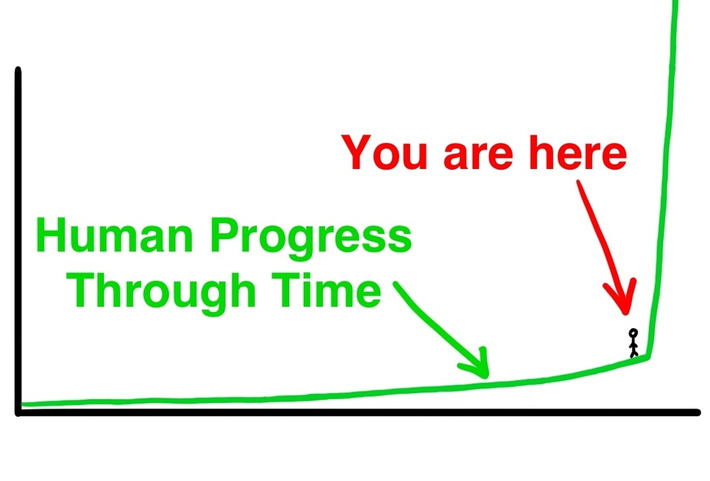

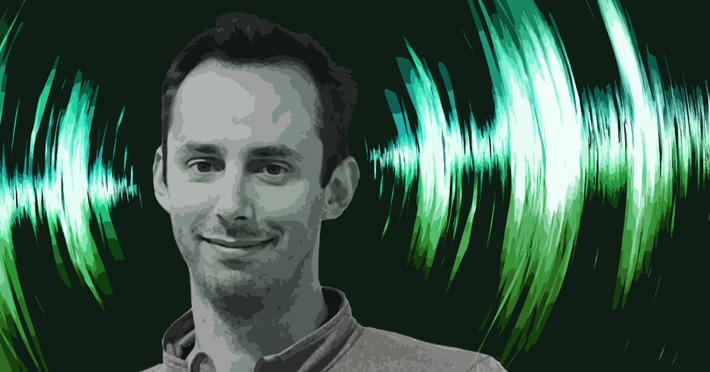
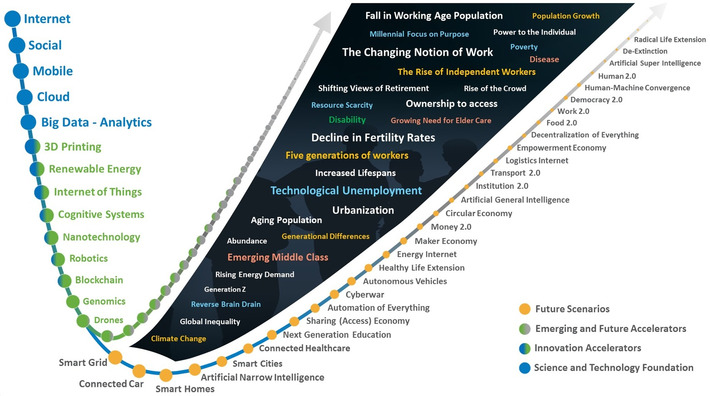

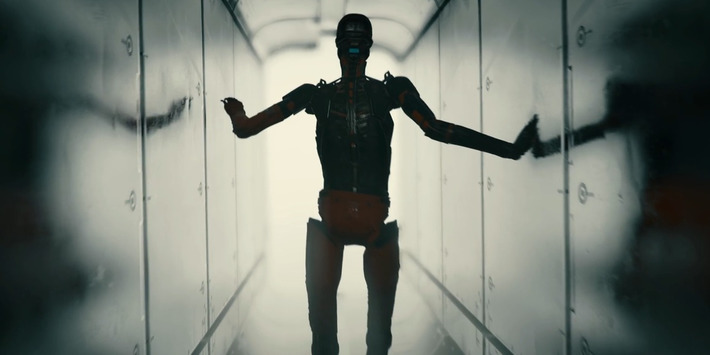




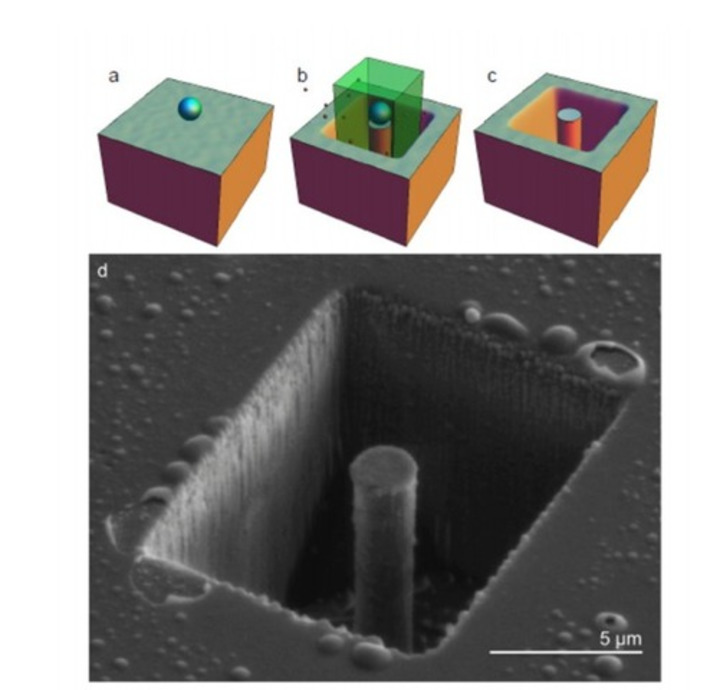








WHY IT MATTERS: A great review of the elements that combine to make artificial intelligence a reality today, along with its potential for the future.